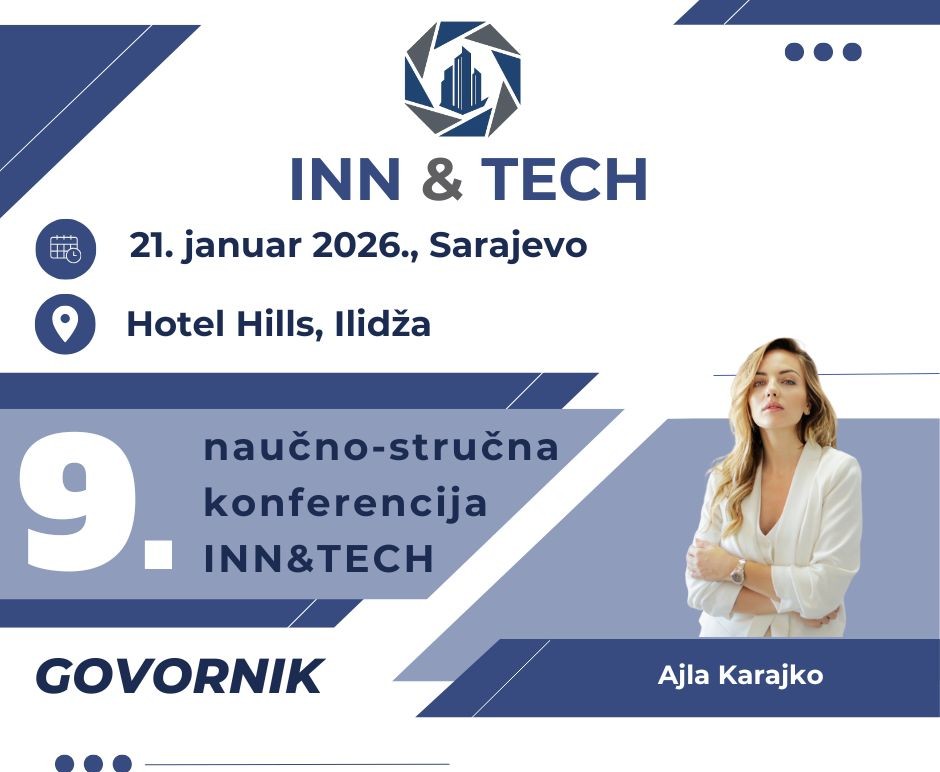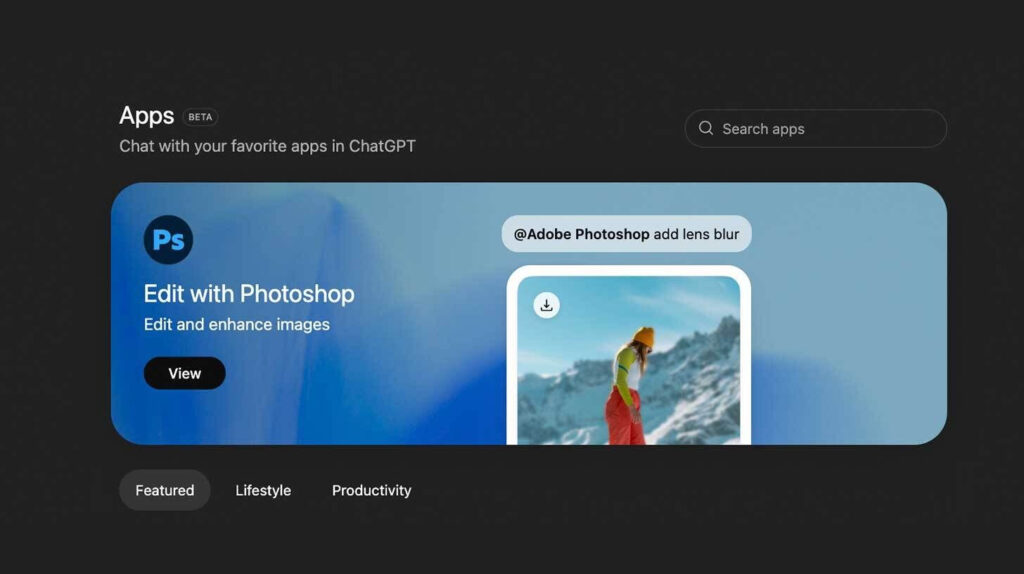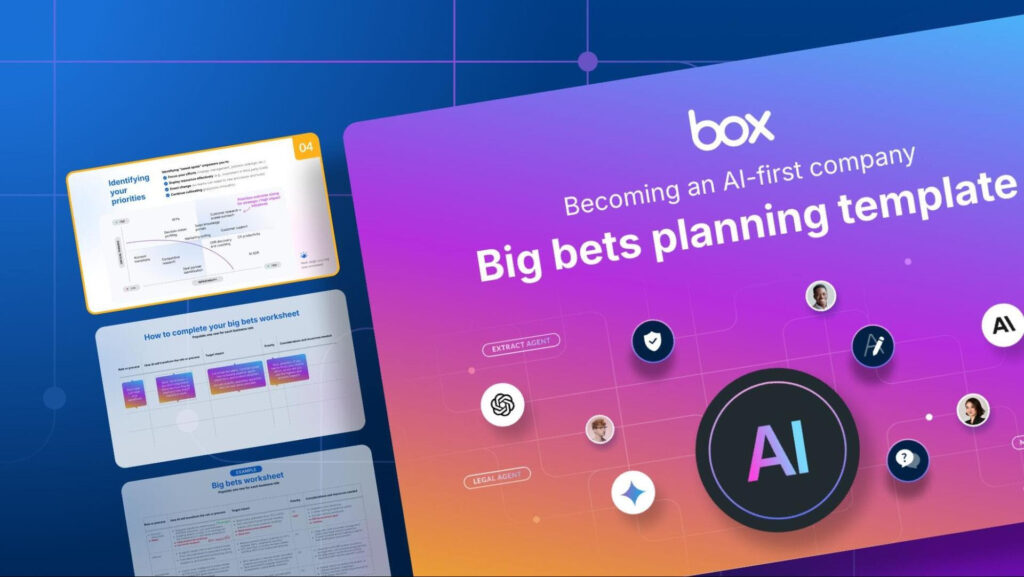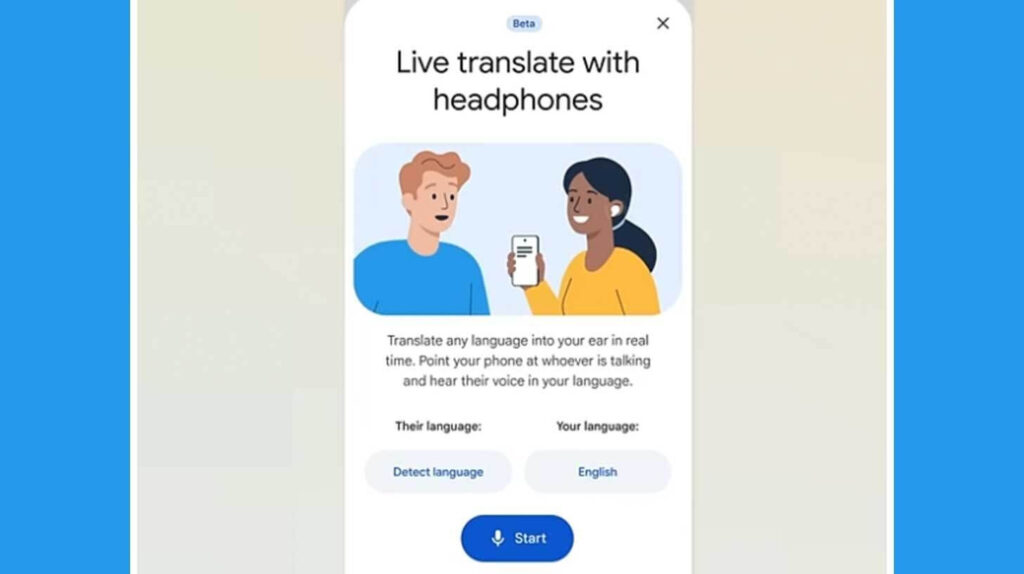Meta is investing billions of dollars in developing a software foundation for humanoid robots through its Project Metabot — their goal is to create a universal “brain” for robots, based on Llama AI models, which hardware manufacturers can license.
The company’s CTO, Andrew Bosworth, told The Verge that Meta is currently tackling one of the biggest challenges in humanoid robotics: hand dexterity. Although today’s robots can perform impressive movements, tasks such as picking up a glass of water remain a major challenge due to complex sensor loops and a lack of high-quality real-world models.
Meta’s strategy focuses on building an AI Superintelligence Lab, which develops simulations, datasets, and control software needed for fine motor movements. The team is led by Marc Whitten (former Cruise director) and Sangbae Kim from MIT, with the focus not on creating the hardware itself, but on the software that will drive robots from other manufacturers.
Why is this important? Meta is not trying to compete with Tesla’s Optimus robot or Figure humanoids in terms of appearance — instead, it is betting on what matters: universal manipulation skills and movement precision. If it succeeds in solving the problem of robotic dexterity, Meta could become the software backbone of every future generation of humanoids, just as Android became the standard operating system for mobile devices.
In brief: Tech World Highlights
- Anthropic now requires all Claude users to choose by September 28 whether they want their conversations to be used to train AI models.
- ByteDance, the parent company of TikTok, plans an employee stock buyback, with the company’s value estimated at over $330 billion.
- Prosecutors are seeking a 15-year prison sentence for Kakao founder Kim Beom-su for stock price manipulation during the takeover battle for SM Entertainment.
- Frontier, a carbon removal consortium supported by Google, has committed to purchasing credits to remove 115,211 metric tons of carbon worth $31.3 million from the startup Planetary.
- Google has introduced new AI features in Google Translate aimed at helping users learn new languages, inspired by the app Duolingo.
AI Trending Tools:
- Gemini Storybooks – Google’s AI now creates narrative picture books with storytelling.
- AgentHub – A realistic sandbox for simulating and evaluating AI agents.
- Lindy 3.0 – An AI employee with capabilities for creating agents, autopilot, and team collaboration.









